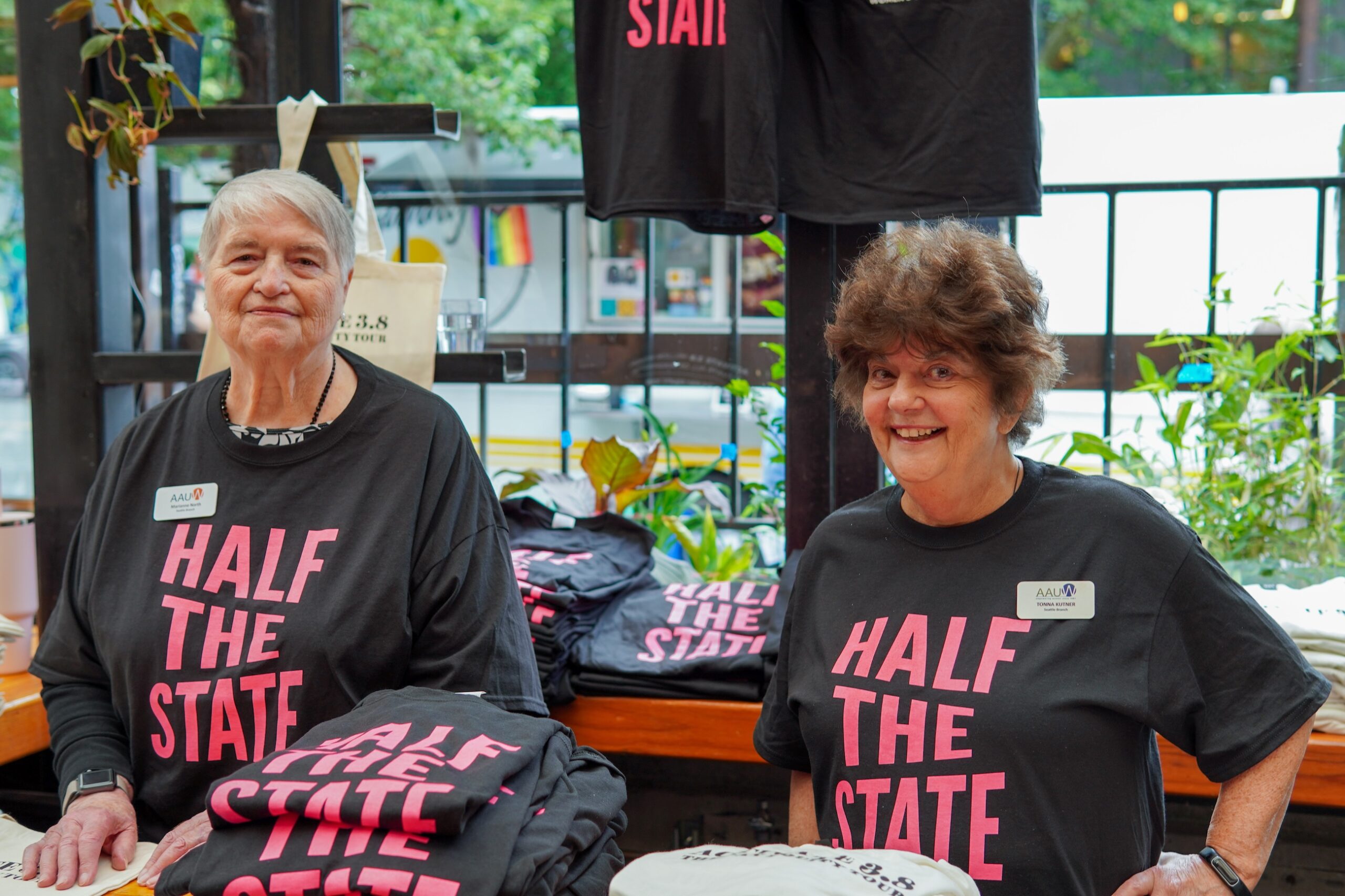Safety
All women and girls in Washington deserve to live free from violence.
Our Priorities in Improving Safety for All Women and Girls
Through collaboration with community partners and state agencies, the Commission works to advance practical solutions and policy changes to disrupt threats against women, provide adequate support for survivors, and eradicate all forms of gender-based violence.

Addressing domestic violence, sexual assault, sexual harassment, and stalking

Establishing safe community initiatives, including safe use of technology & preventing gun violence








